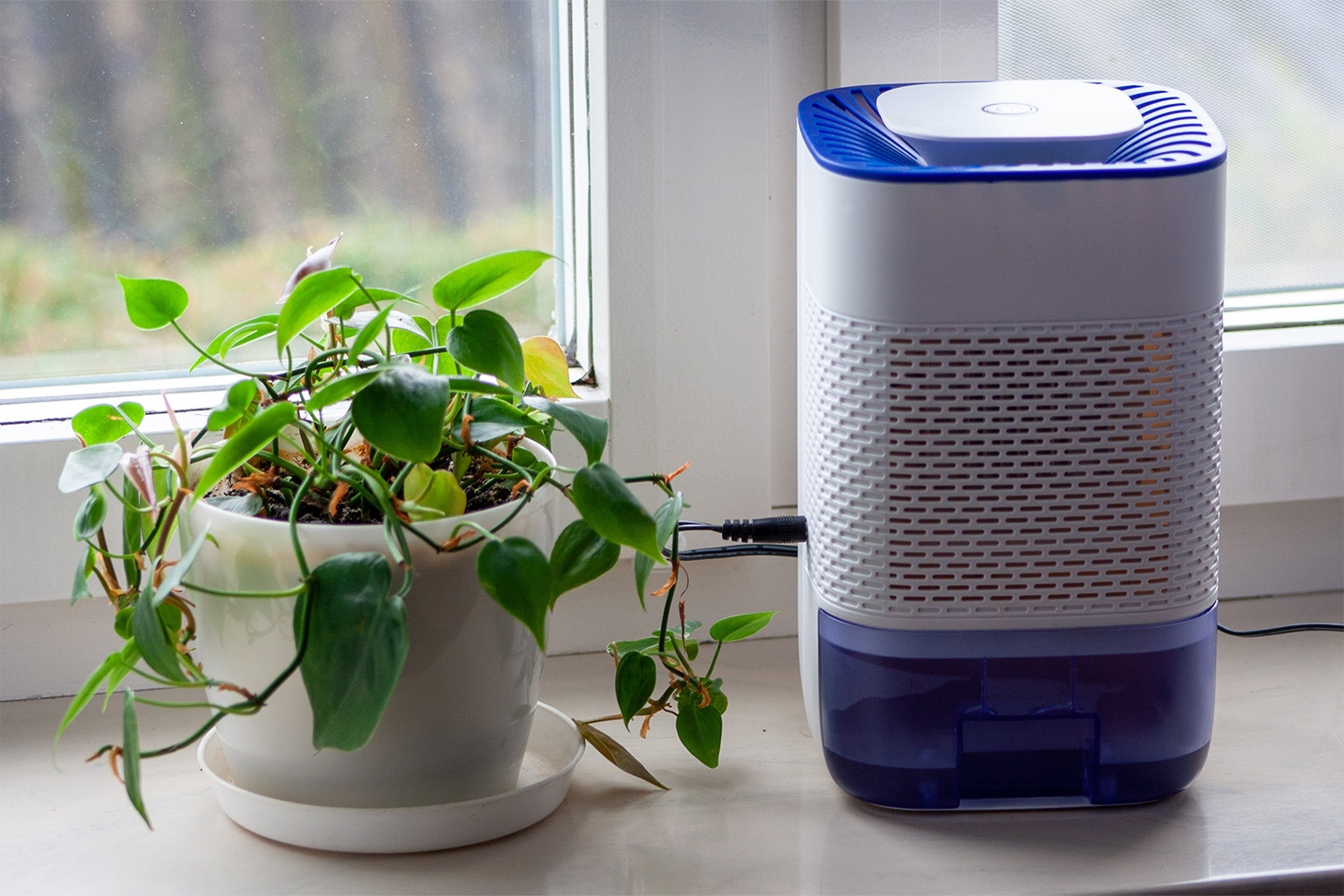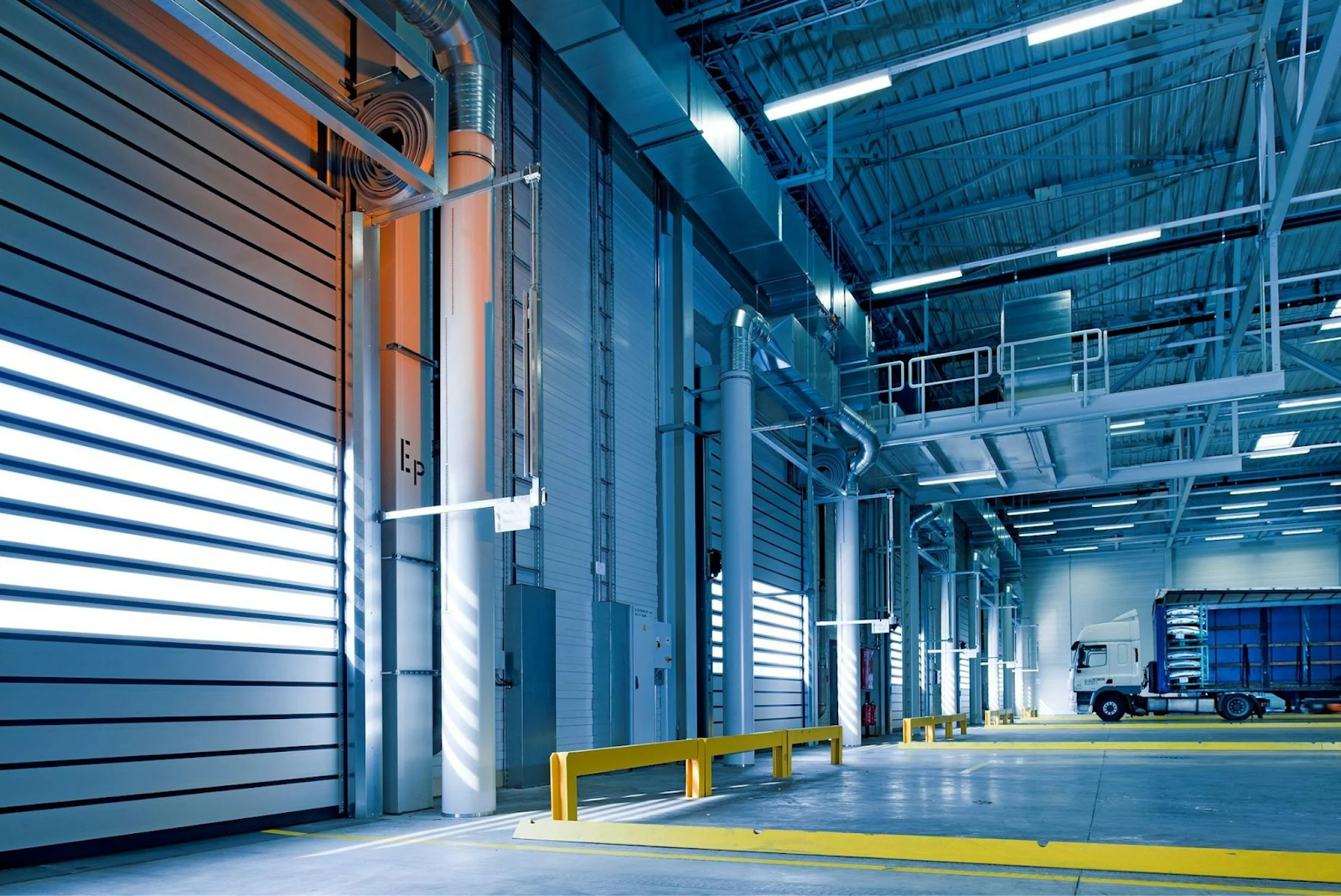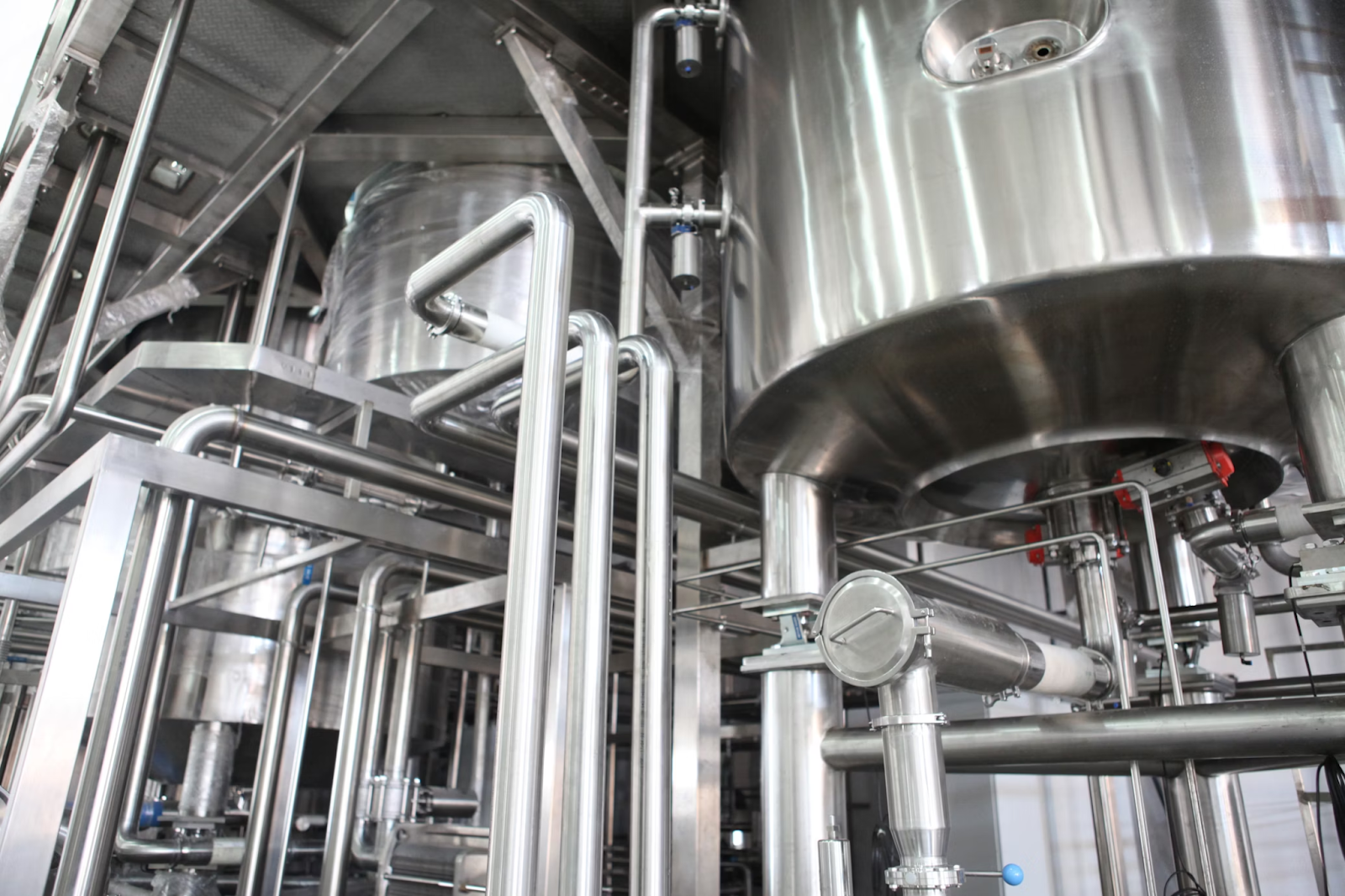Comments
- No comments found

When it comes to large-scale industrial applications, controlling humidity levels is critical.
Whether you're managing a manufacturing facility, warehouse, or data center, excess moisture can wreak havoc on equipment, products, and the overall environment. Industrial dehumidifiers play a crucial role in maintaining optimal humidity levels, but with a plethora of options available, choosing the right one can be overwhelming.

The first and most fundamental factor to consider when choosing an industrial dehumidifier is its capacity and coverage area. Assess the size of the space you need to dehumidify and determine the volume of moisture that needs to be removed daily. You can rent a C.H.I. industrial dehumidifier for its capacity to cover a large area. Industrial dehumidifiers are available in various capacities, typically measured in pints or liters of moisture removed per day. Selecting a unit with the appropriate capacity ensures efficient moisture control without overworking the equipment.
Assess the volume of moisture produced within your space daily by considering factors such as production processes, occupancy levels, and external sources of moisture ingress. This assessment will help you determine the appropriate capacity of the industrial dehumidifier needed to maintain desired humidity levels effectively.
Take into account any future expansion plans or changes in production processes that may impact moisture levels. Choosing a dehumidifier with a slightly higher capacity than your current needs can provide flexibility and accommodate future growth without the need for frequent upgrades.
The environment in which the industrial dehumidifier will operate plays a significant role in determining its effectiveness and longevity. Consider factors such as temperature extremes, airflow patterns, and the presence of corrosive substances or airborne contaminants. Some industrial environments may require specialized dehumidifiers with features like corrosion-resistant coatings, high-temperature operation capabilities, or HEPA filtration systems to maintain air quality.
Evaluate the ambient temperature range and fluctuations within your industrial facility, as extreme temperatures can affect the performance and efficiency of dehumidifiers. Look for units with robust construction and temperature-resistant components capable of operating reliably in challenging environments.
If your facility handles corrosive substances or airborne contaminants, prioritize industrial dehumidifiers equipped with specialized coatings or filtration systems to protect internal components and maintain air quality. Regular monitoring of environmental conditions and timely maintenance can help mitigate potential damage and ensure long-term performance.
Factor in airflow patterns and ventilation systems when selecting an industrial dehumidifier to ensure proper air circulation and moisture distribution throughout the space. Strategic placement of dehumidifiers in conjunction with existing HVAC systems can optimize energy efficiency and improve overall air quality.
Industrial dehumidifiers can consume a considerable amount of energy, especially in continuous operation. Assess the energy efficiency ratings of different models and consider factors such as moisture removal capacity per kilowatt-hour (kWh) of electricity consumed. Opting for energy-efficient units not only helps reduce operating costs but also minimizes environmental impact. Additionally, look for features such as programmable settings, variable speed fans, and automatic defrost cycles, which can further optimize energy usage.
Look for industrial dehumidifiers certified by reputable energy efficiency organizations such as ENERGY STAR to ensure optimal performance and reduced energy consumption. These units typically feature advanced technologies such as high-efficiency compressors, variable speed fans, and intelligent control algorithms to minimize power usage while maintaining desired humidity levels.
Consider the total cost of ownership over the lifespan of the dehumidifier, including upfront purchase price, energy consumption, and maintenance expenses. Investing in a higher-quality, energy-efficient unit may result in long-term cost savings and a lower environmental footprint compared to cheaper alternatives with higher operating costs.
Explore incentives and rebates offered by utility companies or government agencies for purchasing energy-efficient industrial dehumidifiers. Taking advantage of these programs can help offset initial investment costs and accelerate the return on investment through reduced energy bills and operational expenses.
Regular maintenance is essential to ensure the continued performance and longevity of industrial dehumidifiers. Evaluate the maintenance requirements of each model, including filter replacement frequency, coil cleaning procedures, and overall serviceability. Units with accessible components and user-friendly maintenance features can streamline upkeep and minimize downtime. Additionally, consider the availability of spare parts, technical support, and warranty coverage when making your decision.

Choosing the right industrial dehumidifier for large-scale applications requires careful consideration of several factors, including capacity, operating conditions, energy efficiency, and maintenance requirements. By assessing your specific needs and thoroughly researching available options, you can select a dehumidification solution that effectively controls moisture levels, enhances productivity, and protects valuable assets within your industrial facility. Remember to prioritize performance, reliability, and long-term cost-effectiveness when making your final decision. With the right industrial dehumidifier in place, you can create a comfortable, safe, and moisture-free environment conducive to optimal operations.
Leave your comments
Post comment as a guest